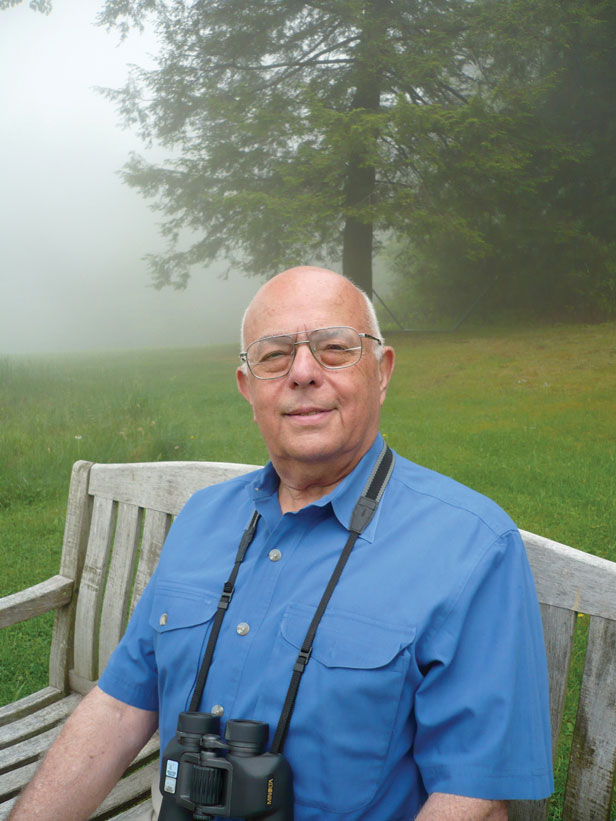
Edward A. Friedman credits MIT with fostering his optimism. As an undergraduate physics major, he worked on applied-science projects, theoretical research, and public affairs. He discovered a love of James Joyce in humanities class, and in physics, he had long conversations with esteemed faculty members.
“Through hard work and the open, nurturing atmosphere at MIT, I became convinced that anything was possible,” Friedman says.
His positive attitude has led to an adventurous career. In 1963, he graduated from Columbia University with a PhD in physics and joined the physics department at Stevens Institute of Technology in New Jersey. On behalf of Stevens, he participated in a U.S. Agency for International Development program to develop a college of engineering in Afghanistan. Ten years later, the college had 500 students and 35 Afghan faculty members, and Friedman received the prestigious Education Medal of Afghanistan.
After returning to Stevens in 1973, Friedman became dean of the college and led a curriculum change that required every student to own a personal computer. This made it possible to integrate computers into science, mathematics, and engineering courses. In 1988 Friedman extended this concept to K-12 schools by encouraging the use of IT-enhanced curricula in schools in New Jersey, Florida, and Arizona, as well as in Peru, Ecuador, and Costa Rica.
That experience is central to his current project: bringing computer-assisted medical diagnosis to rural clinics in Africa. His involvement began several years ago, when the United Nations asked him to take a leadership role on computer use in regional health care.
“As I had the opportunity to visit rural clinics,” he says, “I was struck with the extreme shortage of doctors. For example, there are 400 doctors in Rwanda for a population of about 10 million people. Expert systems were the only way to go.”
Friedman is working with colleagues to adapt a software system that some Indian clinics staffed only with low-level technicians and a nurse use to treat more than two-thirds of their rural patients. His team is currently seeking the $2.5 million required for a pilot test in 15 clinics in sub-Saharan Africa.
His family shares his international interests. His spouse, Dr. Arline (AJ) Lederman, a retired fine-art professor, is vice president of the board for the nonprofit Solar Cookers International. His sons are professors: Timur teaches computer science at the University of Paris, and Kerim teaches anthropology at Dong Hua University in Taiwan. Friedman and Lederman live in New Jersey, Friedman’s home state, and enjoy frequent trips to Manhattan.
Keep Reading
Most Popular
Large language models can do jaw-dropping things. But nobody knows exactly why.
And that's a problem. Figuring it out is one of the biggest scientific puzzles of our time and a crucial step towards controlling more powerful future models.
How scientists traced a mysterious covid case back to six toilets
When wastewater surveillance turns into a hunt for a single infected individual, the ethics get tricky.
The problem with plug-in hybrids? Their drivers.
Plug-in hybrids are often sold as a transition to EVs, but new data from Europe shows we’re still underestimating the emissions they produce.
Google DeepMind’s new generative model makes Super Mario–like games from scratch
Genie learns how to control games by watching hours and hours of video. It could help train next-gen robots too.
Stay connected
Get the latest updates from
MIT Technology Review
Discover special offers, top stories, upcoming events, and more.